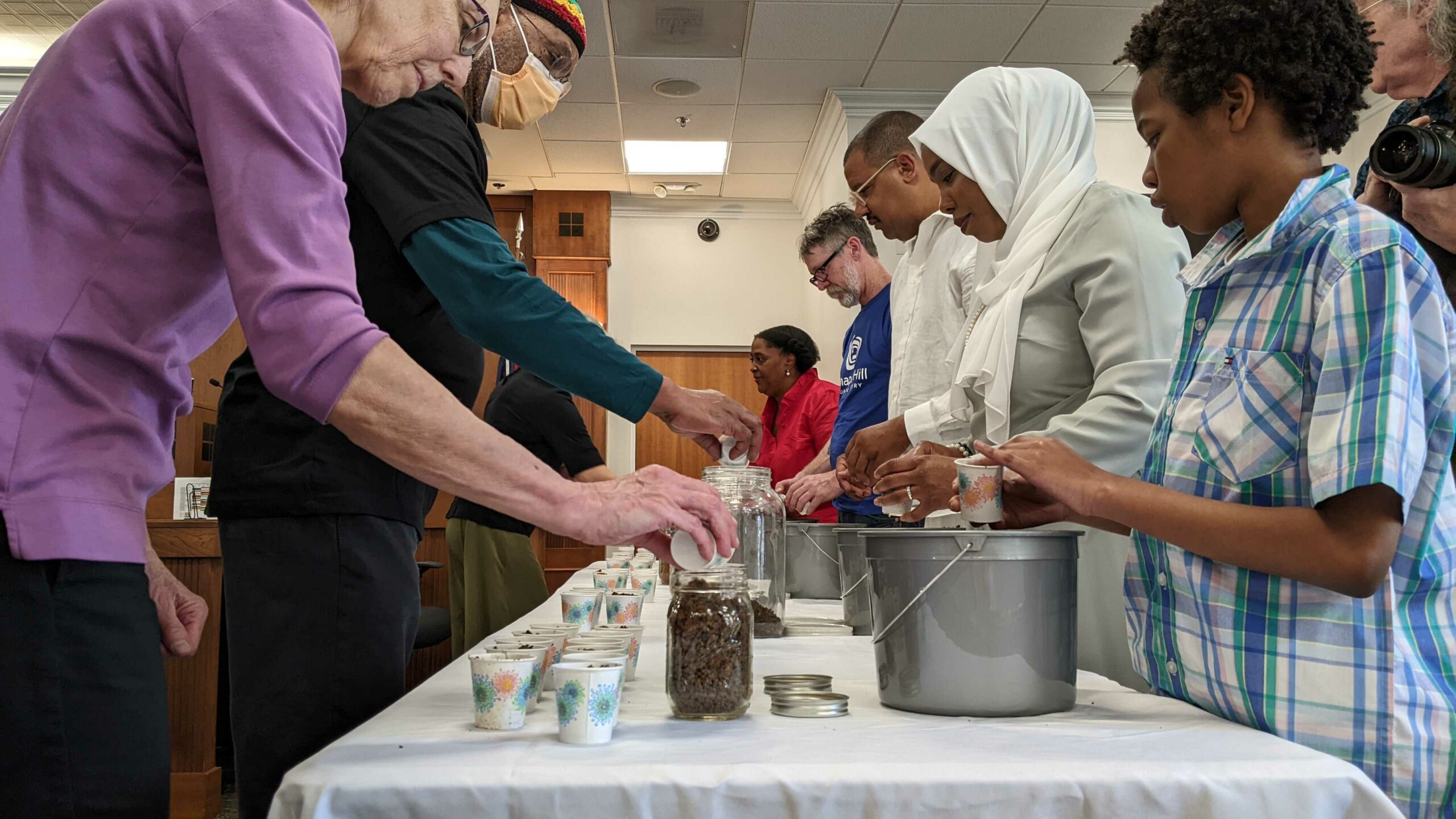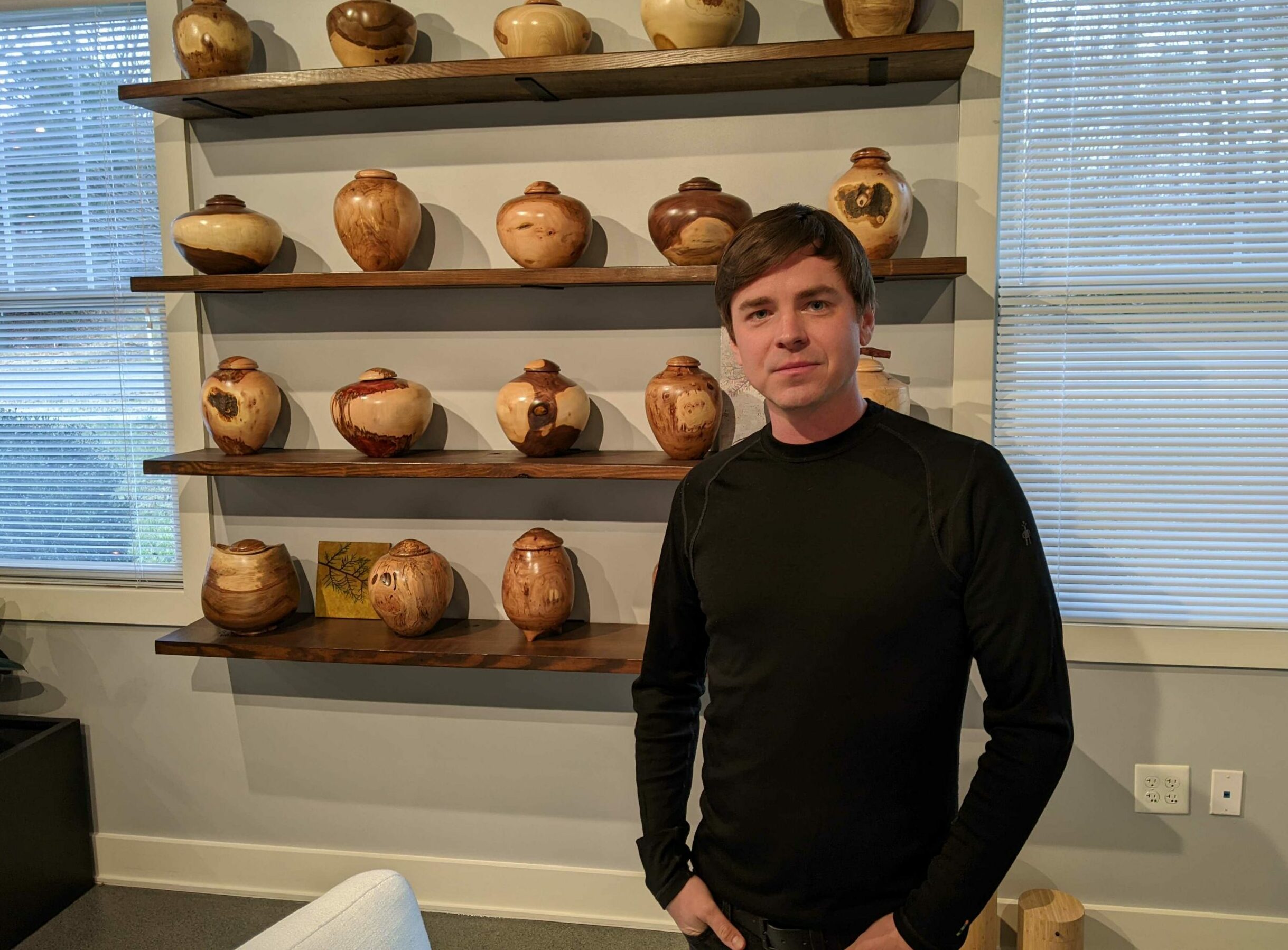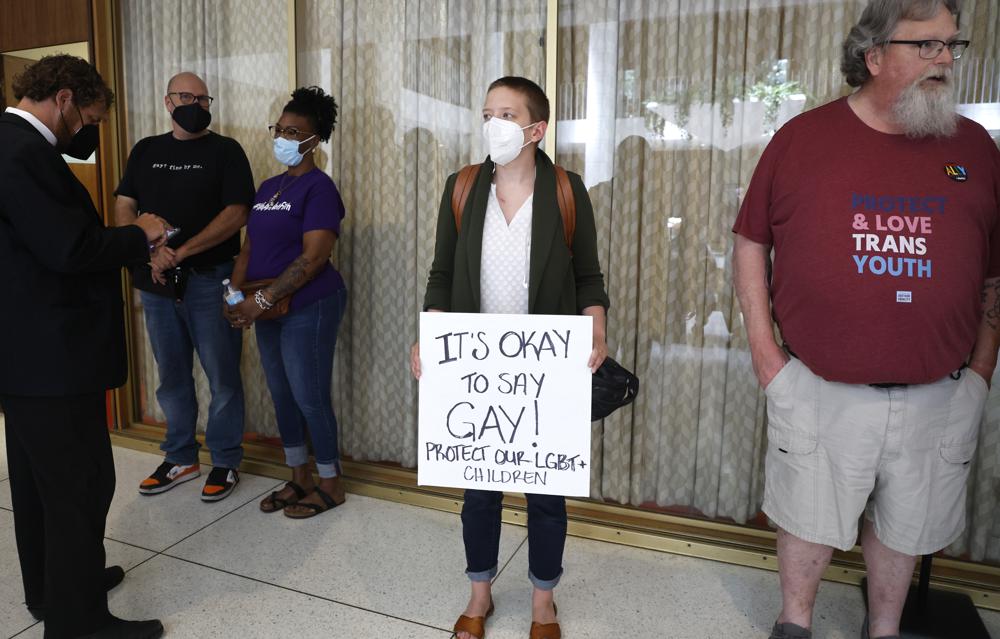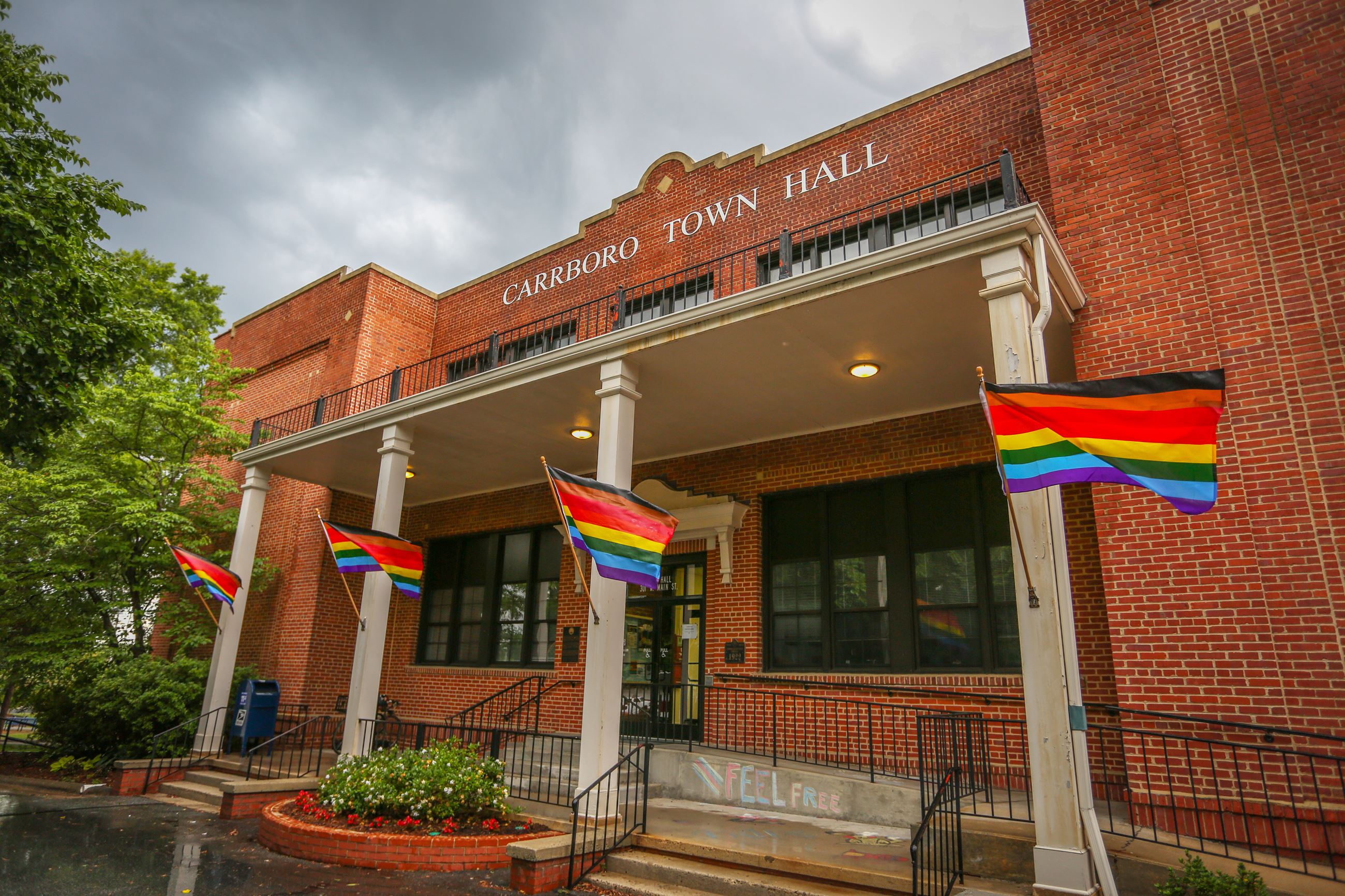One Chapel Hill nonprofit is working to make sexuality education more LGBTQ inclusive for local high school students.
The Compass Center for Women and Families provides career and financial education, domestic violence crisis and prevention programs, assistance with legal resources and youth health programs.
The center currently provides two school-based youth empowerment programs in Chapel Hill-Carrboro City Schools – one of which is Teens Climb High. Teens Climb High offers medically accurate and inclusive sexual health education to 9th grade students.
While North Carolina schools are required to teach sex education, the curriculum is not required to be comprehensive. Current standards do not require educators to teach about consent or sexual orientation.
Leslie Massicotte is a sexuality educator and the program coordinator for the Compass Center’s Teens Climb High program. She said the Compass Center works closely with CHCCS’ health teachers to provide comprehensive sexuality education in two weeks.
“I know that sometimes – health teachers – the training that they get on sexuality education varies,” Massicotte said. “We found in this school district that our health teachers were more than willing to have the Compass Center come in and provide this content. We do it all in line with their health program that they already have in their classrooms.”
CHCCS health teachers currently follow a set of state standards called “Healthful Living.” Under Healthful Living curriculum, teachers must include instruction on abstinence, pregnancy prevention, STDs, and HIV. Curriculum must also teach that a faithful, monogamous, and heterosexual marriage is the best lifelong means of avoiding STDs.
Massicotte said not only is this current curriculum outdated, but there are also no standards related to sexual orientation or gender identity. To fill in those gaps, the Compass Center works to incorporate inclusion of LGBTQ terms, topics and concerns throughout their educational programming.
“So, what that looks like in the schools is that – myself and my fellow teachers through the Compass Center – we have been able to alter our language to make sure that we’re speaking using gender neutral language and person first language,” Massicotte said. “At the beginning of every class we offer students an opportunity to provide a name for themselves and they’re also able to provide their pronouns if they’re interested.”
The current material the Compass Center uses in its Teens Climb High program is called “Making Proud Choices,” which is from 1998. While their funder – the Teen Pregnancy Prevention Initiative – requires the Compass Center to use materials from the 90s, Massicotte said they do their best to still be inclusive while being confined to the curriculum’s dated core standards.
“We basically are trying to toe the line of making sure that we’re following the standards and also making sure that we’re not marginalizing any of our LGBTQ students,” Massicotte said.
According to SIECUS, a national organization that advocates for everyone’s right to accurate and comprehensive sexuality information, only 58 percent of North Carolina’s high schools taught students about sexual orientation or gender identity in a required health course.
Additionally, only 40 percent of the state’s secondary schools provided students with curricula that included HIV, STD, or pregnancy prevention information relevant to LGBTQ youth.
“I would love for the standards to be able to include our LGBTQ students more, but I think it’s going to take time for a state like North Carolina to change its standards,” Massicotte said. “We’ll just have to see. We do what we can within the standards that we have.”
Lead photo via SIECUS.
Chapelboro.com does not charge subscription fees. You can support local journalism and our mission to serve the community. Contribute today – every single dollar matters.









